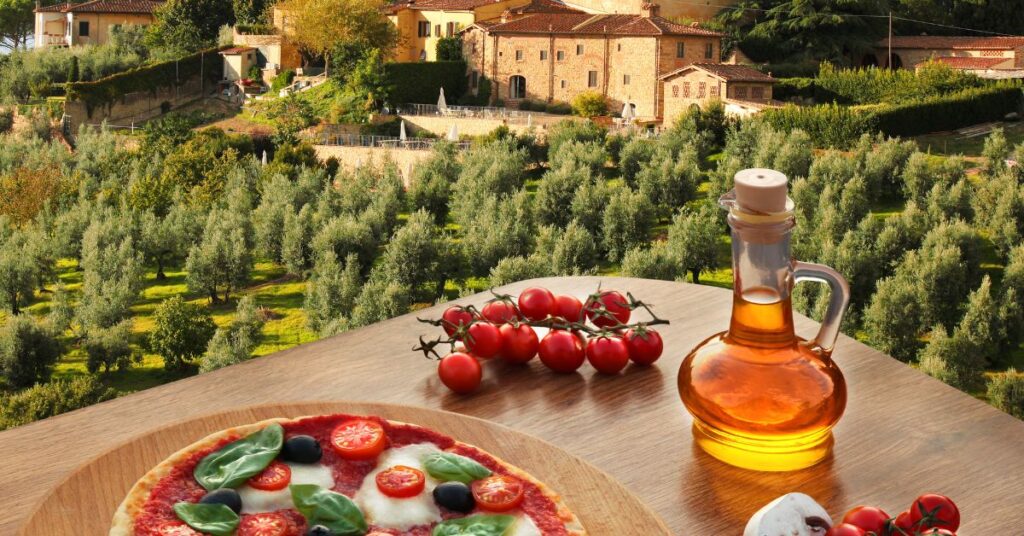
Italian Food Culture

Olive oil is an integral part of Italian food culture, and has been for centuries. From the prestigious extra-virgin olive oil to the more common types, the oil has a long history that spans centuries. It is no wonder that Italy is one of the world’s largest producers of olive oil.
Olive oil is a mainstay of Italian cuisine, and it is often used as a condiment for salads, pasta, and breads. It is also used in many traditional Italian dishes, such as the famous spaghetti alla puttanesca. Olive oil is used in a variety of ways, from frying to baking, and it adds a distinctive flavor to any dish it is added to.
Italy’s olive oil culture has a long and storied history. The trees have been cultivated in the region for centuries, and the oil has been produced and consumed for generations. In the past, olive oil was used to fuel lamps and for medicinal purposes, and the oil was also used as a beauty product. Today, the oil is still a major part of Italian culture, and it is used for a variety of purposes.
Olive oil is also closely associated with the Mediterranean diet. The diet is based on fresh, healthy ingredients, and olive oil is a major part of this. The oil adds flavor and nutrition to many dishes, and it has been shown to be beneficial to health.
Olive oil is also an important part of the Italian economy. The country is one of the world’s largest producers of olive oil, and it is exported all over the world. Italy is also home to some of the world’s best-known producers of olive oil, and the oil is used in many of the country’s most famous dishes.
Olive oil is an integral part of Italian food culture, and it has been for centuries. From its use in cooking to its use in beauty products, olive oil is a major part of the Italian lifestyle. The oil has a long and storied history, and it is an important part of the country’s economy. Olive oil is a staple of the Mediterranean diet, and it is an important part of Italian cuisine.
